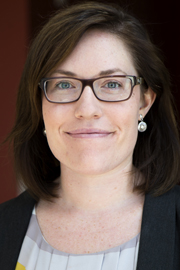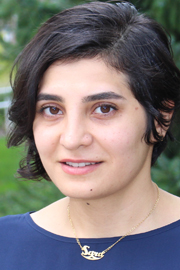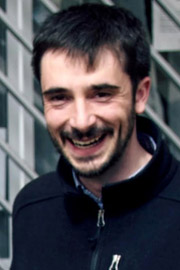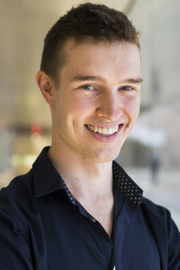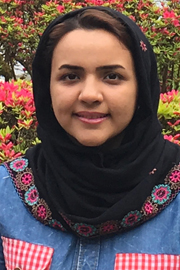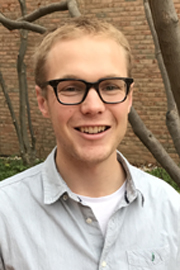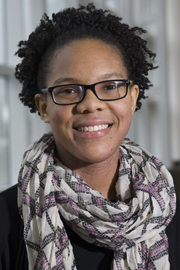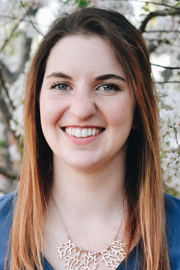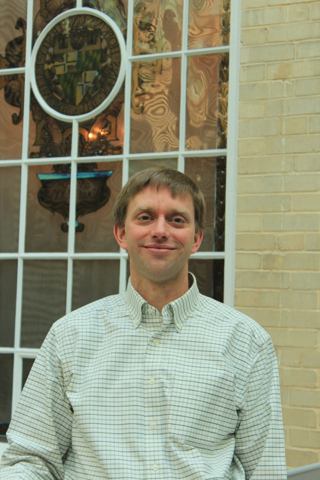
Dr. Seth Guikema
Dr. Seth Guikema is an Associate Professor in the Department of Industrial and Operations Engineering and the Department of Civil and Environmental Engineering at the University of Michigan as of August 2015. Prior to this, he was an Associate Professor in the Department of Geography and Environmental Engineering (DoGEE) at Johns Hopkins University. He is also an adjunct Professor II in the Department of Industrial Economics, Risk Management, and Planning at the University of Stavanger in Norway, and is a Senior Analyst with Innovative Decisions, Inc. in Vienna, VA.
His academic training includes a B.S. in Civil & Environmental Engineering (Cornell University), a M.S. in Civil & Environmental Engineering (Stanford University), a M.E. by thesis in Civil Engineering (University of Canterbury in New Zealand), a Ph.D. in Management Science & Engineering with a concentration in Engineering Risk & Decision Analysis (Stanford University), and a postdoctoral research position in Civil & Environmental Engineering (Cornell University). He began his faculty career at Texas A&M University in Civil Engineering and moved to DoGEE at JHU in 2008. He received tenure at JHU in 2014 and became the Carol Linde Croft Faculty Scholar there in 2015. He moved to the University of Michigan in August 2015. Seth is currently the Area Editor for Mathematical Modeling in the journal Risk Analysis, an Associate Editor for the ASCE Journal of Infrastructure Systems and is on the editorial boards of the journals Reliability Engineering and System Safety and Performability Engineering. He recently completed a three-year terms on the governing Councils of the International Society for Risk Analysis and the INFORMS Decision Analysis Society.
Dr. Guikema's research is highly interdisciplinary. Much of his group's recent work is focused on the problems of urban and infrastructure resilience and sustainability in a changing climate, though areas of application are broad.
It is grounded in risk analysis, particularly data-drive risk analysis and complex systems simulation. One major topic is developing, testing, and implementing risk analysis methods based in Bayesian probability, statistical learning theory, game theory, and decision analysis. Another growing research thrust in the group is using modern simulation methods to more fully understand the role of human behavior in the evoluation of vulnerabiltiy and risk in hazard-prone regions. This work is a combination
of theory and practice, spanning from new methods development, testing, and validation to close interactions with utilities to develop and implement new methods for estimating performance and risk to infrastructure
systems from disasters.
